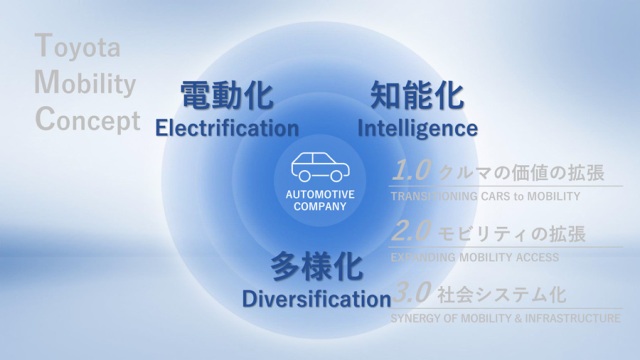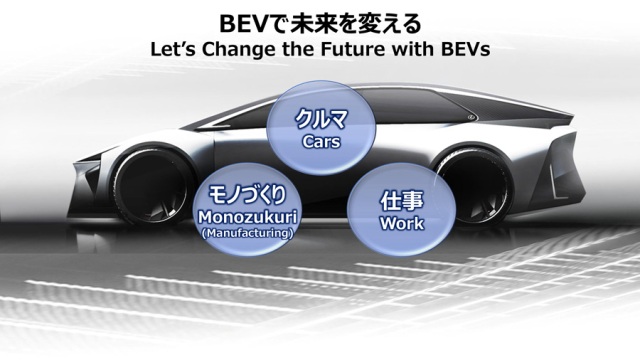
Toyota’s Technology Strategy and Car Manufacturing Direction
(Oilandgaspress) Toyota Motor Corporation (Toyota) recently held a technical briefing session, “Toyota Technical Workshop,” under the theme “Let’s Change the Future of Cars” and announced a variety of new technologies that will support its transformation into a mobility company.
Hiroki Nakajima, Executive Vice President and Chief Technology Officer, explained Toyota’s technology strategy and the direction of future car manufacturing. In addition, he spoke on specific and diverse technologies, including concepts under development, which will help achieve the vision and policies that have been communicated so far. Also speaking were Takero Kato, who has been appointed president of the newly established BEV Factory, and Mitsumasa Yamagata, who is scheduled to be appointed president of the Hydrogen Factory to be launched in July. They elaborated on their respective strategies for the battery EV and hydrogen businesses.

On the vehicle axis, through technologies such as the integration of next-generation batteries and sonic technology, we will achieve a vehicle cruising range of 1,000 km. To bring more stylish design, Aerodynamic performance is supported by AI, while designers will focus on expressing natural sensibility. The Arene OS and full OTA will infinitely expand the possibilities for enjoying cars.
Like the manual EV, we will deliver exciting surprises and fun to our customers with technologies achievable only by a carmaker.
We will roll out next-generation BEVs globally and as a full lineup to be launched in 2026. By 2030, 1.7 million units out of 3.5 million overall will be provided by BEV Factory.
The next-generation battery EVs will adopt new batteries, through which we are determined to become a world leader in battery EV energy consumption. With the resources we earn, we will improve our product appeal to exceed customer expectations and secure earnings.
Please look forward to a “carmaker-produced battery EV that inspires the hearts of all customers.”
Information Source: Read full report
Energy Monitors , Electric Power , Natural Gas , Oil , Climate , Renewable , Wind , Transition , LPG , Solar , Electric , Biomass , Sustainability , Oil Price , Electric Vehicles,

